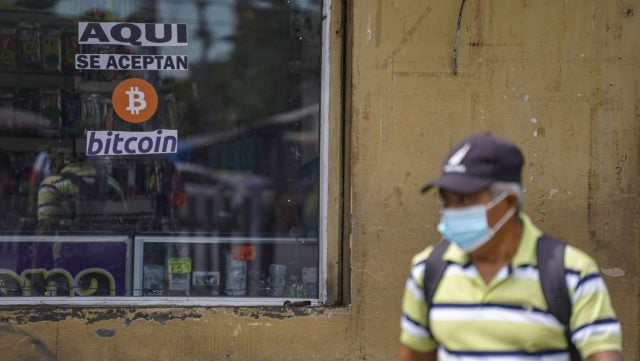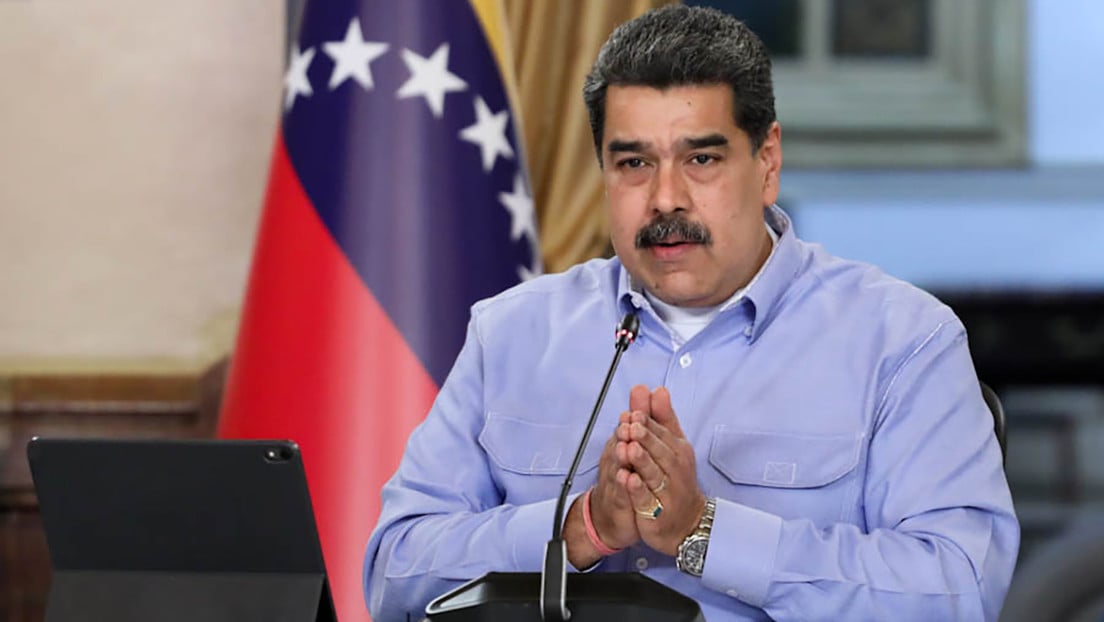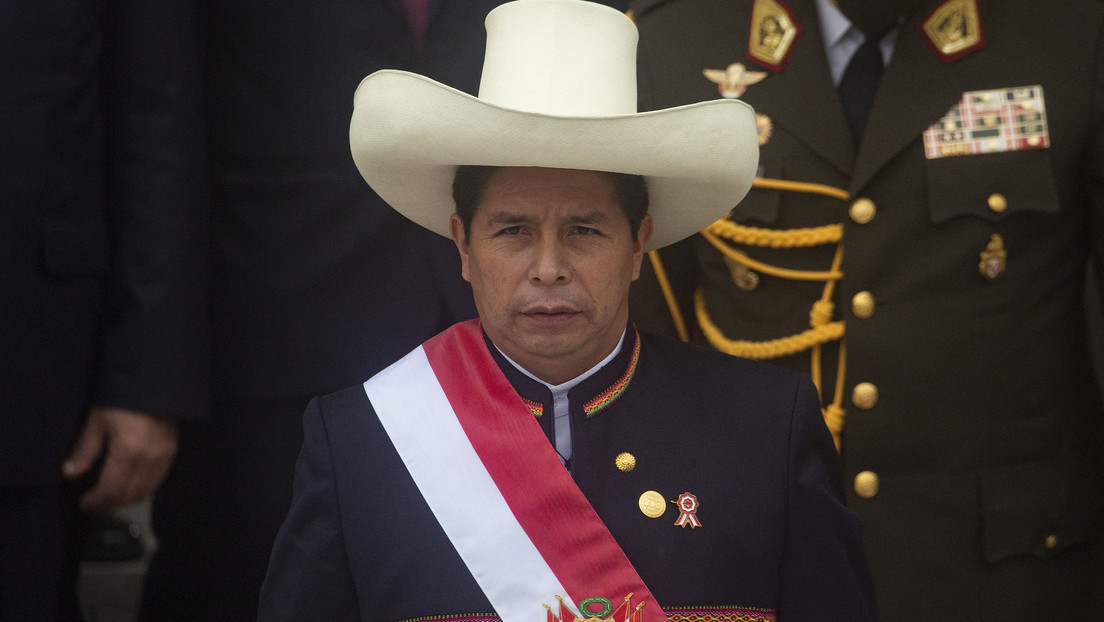The public information about the Bitcoin in El Salvador exclusively depends on what President Nayib Bukele wants to share in his social networks. That particularity makes it difficult to obtain data from the impact of the measure. But the signs are there.
The estimates of the local press indicate that the Bukele Government has purchased 1,801 Bitcoin units, which would be equivalent to an expenditure of 86.6 million dollars (by the date on which operations were made). However, the collapse of the quotes in recent weeks would have left losses of, at least, 16.2 million dollars for the country’s finance, explains Journalist Nazareth Balbás in a report for RT.
That calculation, although approximate, could be greater if the number of users of the Chivo wallet is taken into account, which according to Bukele, amounts to 4 million dollars. If so, most of them would have access to the 30 dollars offered by the government as an incentive to enter the system, which would translate itself into a $ 120 million expenditure for the State coffers.
Bukele in the eye of the IMF
The situation is not an issue that is solely Bukele’s concern. Last month, the International Monetary Fund (IMF) insisted on alerting of the risks of Bitcoin as a legal course currency in El Salvador, due to its volatility: «In the short term, costs and risks far exceed the benefits», said the organism.
According to the Fund, the risks are mainly for financial stability because banks «could be exposed to massive fluctuations in the prices of cryptoactive»; For the integrity of money flows, because Bitcoin could be an open door for illegal exchanges, tax evasion and financing to terrorism «due to the anonymity they provide»; And for consumer protection, since people who save on that digital currency «could lose their wealth due to great changes in value».
Bukele’s response to those warnings, as usual, was ironic. The president dismissed the suggestions of the Fund – although it maintains negotiations with the IMF to access a loan of 1,000 million dollars – with a Meme of the Simpsons, although without making any allusion of how he would solve the structural failures of the Bitcoin implementation in his country.
On the contrary, instead of introducing more fiscal controls and «prudential» rules to regulate the payment ecosystem, as recommended by the Fund, the Bukele Plan was to increase the ‘bet’ forming an ambitious plan that includes the issuance of bonds in that cryptactive, For a total of 1,000 million dollars.
Last week, the Minister of Finance of El Salvador, Alejandro Zelaya, announced that the government prepared the issuance of bonds in cryptocurrencies for «the first 15 days of March». «We are taking all the safeguards», said the official in allusion to the so-called ‘Volcano bonuses‘, which according to Bukele will serve to finance the Bitcoin City project.
Bitcoin City would be a city built near the Conchagua Volcano, with a view to taking advantage of the energy potential of that natural formation to provide electricity to the urban nucleus (which would be endowed with residential and commercial areas) and Bitcoin mining, at very low cost.
«Refuge for freedom»
But the Salvadoran president is still against the current. After rejecting, at least publicly, the suggestions of the IMF, Bukele doubled the ‘bet’ and at the end of last month, he sent a pack of 52 laws to strengthen his controversial financial project.
«It is simple: while the world falls into tyranny, we will create a refuge for freedom», bukele tweeted to allude to a battery of rules that, roughly, anticipate tax incentives for investors; a legal umbrella that promises stability; Less bureaucracy for the management of capital and even Salvadoran citizenship for the promoters of Bitcoin.
The objective of the president seems clear: to promote the image of his country abroad as a paradise for investments in crypt – with permissive laws, beaches and surfers, although the apprehension of the Salvadoran population still persists. According to the last available surveys, seven out of ten people feel distrust towards the digital currency.
So far, the laws remain in process in Parliament, where the official party has a large majority. The problem that persists is that the Government must guarantee the convertibility between the Bitcoin and the US dollar, at a moment of great volatility for the cryptocurrency, which in the opinion of the IMF could force the State to finance the existing escrow (by 150 million dollars), «through additional resources or debt obligation».
The IMF warning has been sharp: «If the price of Bitcoin takes a dive, the resources of the escrow could be quickly exhausted». This possibility has also awakened concerns in the risk ratingrs such as Fitch Ratings, which has already lowered the credit score for the Central American country due to the «uncertainty» that there is now on the financing that the Bukele government wants to agree with the Fund.
The pressures are also abroad. Weeks ago, in the US, three senators presented an initiative so that the Joe Biden Government «mitigates the risks» of the adoption of Bitcoin in El Salvador for US banking.
In that scenario, the Ace under Bukele’s sleeve to defend his risky bet is the economic performance of his country, which at the end of last year recorded a historical growth figure of 10.3%, and an expansion of 13% in exports only in January of this year.
«Are we before another GDP growth of two digits this year? By the way, El Salvador never had a two-digit GDP growth before 2021», said the president, whose popularity remains incolyum despite the distrust of a good part of the society with respect to the reliability of Bitcoin.
Beyond the natural impact on the economy, because of the lifting up of the restrictions of the COVID-19, the figures in green are the fuel of the Salvadoran government to follow the crusade in favor of a cryptocurrency, which is viewed with distrust by the traditional financial system , but supported by the enthusiasts that promise that it is a new way to make money. Bukele’s message, without a doubt, is for the second group.




